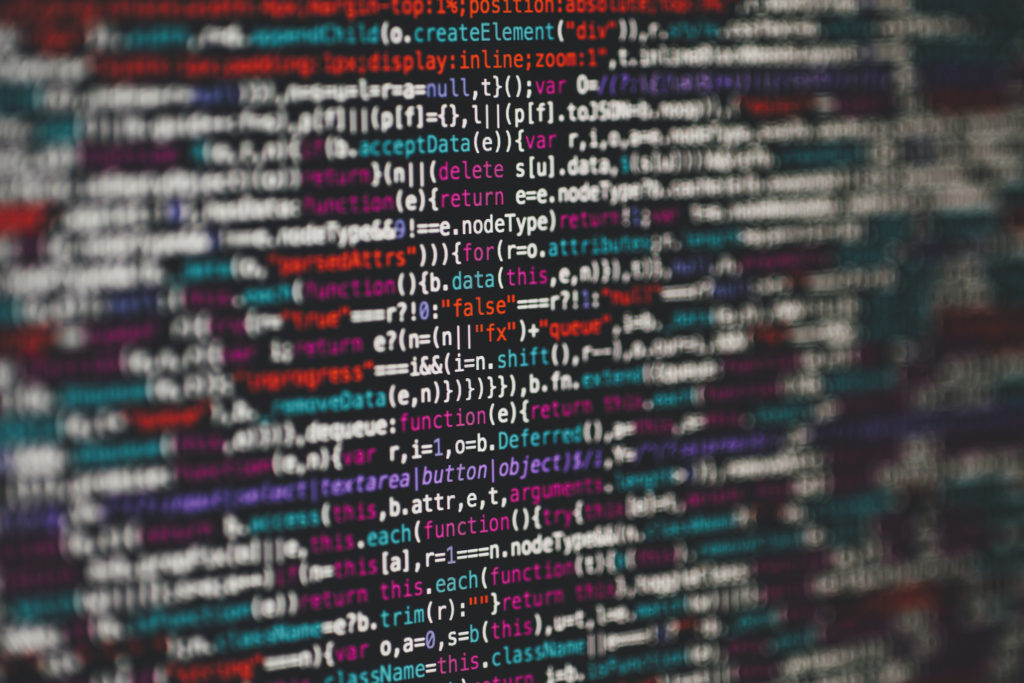Since Tuesday, the Democratic National Committee (DNC) has been working with the Federal Bureau of Investigation (FBI) after the national party believes it was victim to a sophisticated attempt to hack into its database. The DNC was alerted to the cyberattack by a cloud service provider and a security research firm it was working with, according to a report from CNN.
The attack was based on a fake login page that had been created in an attempt to gather usernames and passwords that would allow access to the party’s database. The fraudulent page was created to mirror the appearance of the internal access page of Democratic Party officials, which is used by campaigns and party staff across the country to utilize a service called “Votebuilder,” which keeps pertinent voter information for campaign outreach.
Officials from the DNC believe that the measure was in effort to fool people into handing over their login details to an unknown third-party actor. The party and the two others involved have the understanding that the attack was thwarted and no voter information was hacked.
The attack comes just one week after Russian actors attempted to gain access to databases within the U.S. Senate and other conservative think tanks.
In a report from Roll Call, Microsoft announced this week that “Strontium,” a Russian-based group recently named in an indictment from special counsel Robert Mueller’s investigation into Russian interference in elections, targeted the U.S. Senate. However, the firm did not specify which offices were targeted within the upper house of the legislative branch.
The Hudson Institute and the International Republican Institute also appeared to be targeted by Strontium. The think tanks notably have advocated for tougher policies against Russia.
Through a news release, Brad Smith, Microsoft’s president and chief legal officer, responded to the incident saying: “Taken together, this pattern mirrors the type of activity we saw prior to the 2016 election in the United States and the 2017 election in France.”

